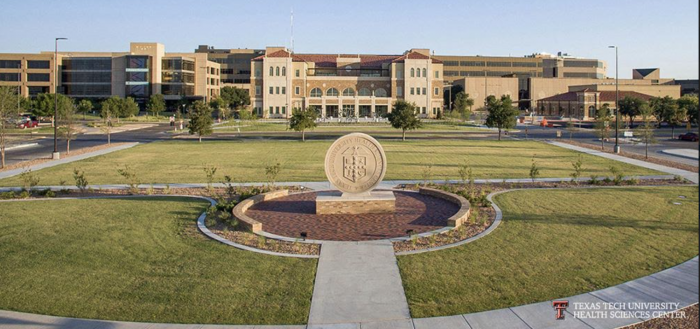
The biggest issue facing business leaders during a transition is that for many, the work culture in place pre-crisis wasn’t very healthy. Simply “turning on the lights” again will not help your organization thrive after such a crisis.
Leaders need to pause and examine the quality of their work culture—before committing to “back to normal.”
Many leaders have not been asked with examining their work culture in the past. These three critically important work culture characteristics can help leaders understand how their current work culture operates.
Respect—to what degree do leaders and team members treat each other with respect in every interaction? How frequently do leaders and players:
- thank others?
- validate others’ efforts or ideas?
- recognize others’ accomplishments?
Accountability–to what degree are leaders and team members held accountable for both results and respect?
- What consequences exist if players deliver expected results—are they recognized for it?
- What if they model your values and behaviors daily—are they validated for it?
- Are missed deadlines and disrespectful interactions proactively and promptly addressed–or not?


Monitoring these characteristics—and honestly reflecting how frequently these practices and behaviors are demonstrated in your workplace—is an important way for leaders to learn whether their work culture is:
- purposeful
- positive
- productive
- negative
- or somewhere in between.
If you find the health of your work culture lacking, it’s time to engage your senior leaders in culture refinement—by defining, aligning, and refining your desired work culture. Learn more at GoodComesFirst.com.
Want new articles before they get published? Subscribe to our Awesome Newsletter.

CAREER ADVICE

GOV TALK




